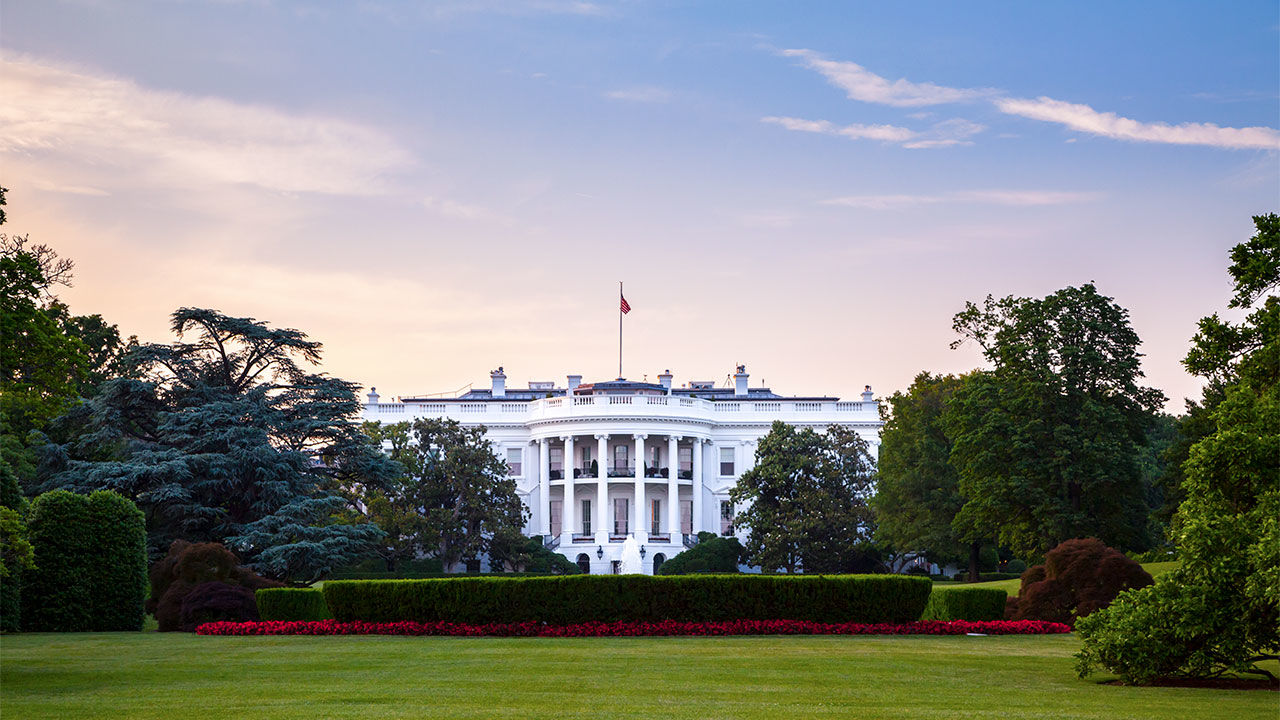The Purpose of Publications in a Pandemic and Beyond
For Elizabeth Gadd, the Covid-19 pandemic makes it clear that long standing issues with academic publications need to be addressed quickly and definitively.

Send us a link
For Elizabeth Gadd, the Covid-19 pandemic makes it clear that long standing issues with academic publications need to be addressed quickly and definitively.

University librarians are preparing for tough times ahead, even though the fiscal impact of the COVID-19 pandemic is yet to be fully understood. Could big deals with publishers be on the chopping block?
PLOS Biology, PLOS Medicine, PLOS Computational Biology, PLOS Genetics, PLOS Neglected Tropical Diseases and PLOS Pathogens have all revised their ‘scooping’ policy to waive the novelty criteria for work submitted within six months of a similar study having been published.
With insights from a variety of fields potentially useful in the fight against coronavirus, some French academics are arguing for more research and data to be made publicly available

Springer Nature says it commits to offering researchers a route to publishing open access in Nature and most Nature-branded journals from 2021.

Revised ‘Transformative Journal’ criteria from cOAlition S are “challenging” but Springer Nature commits to transition majority of journals, including Nature. Approach means Plan S-funded authors will be able to continue to submit research to these journals.
A systematic focus on governance – instead of, or at least alongside, open access – is vital for the future of publishing. Even if the for-profit publishing model is not going to be ‘killed’ any time soon, governance may still allow us to assert some control over it. Coupled with the publishing futures already being created and nurtured by library publishers, university presses and scholar-led collectives, we may be able to imagine a world that isn’t trapped in the logic of COVID-19.
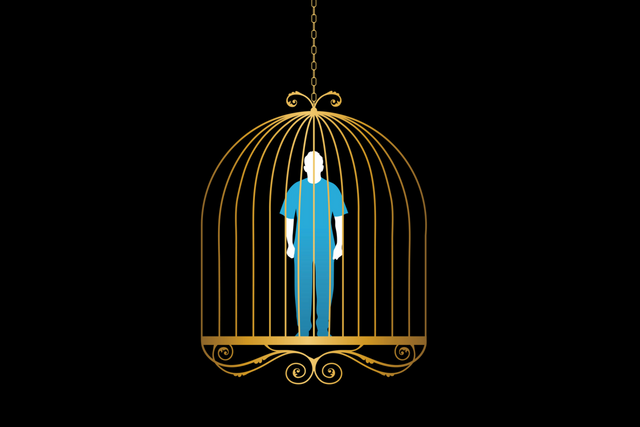
Due to the confusing situation in the COVID-19 pandemic, the organisers have decided that the Open-Access-Tage 2020 will not be held as an on-site event in Bielefeld.
The COVID crisis fuels a rapid acceleration in open science, but still a lot of crucial sources are paywalled.

Read the original article in full on F1000Research: Discipline-specific open access publishing practices and barriers to change: an evidence-based review
Welcome to the first post of a specialized and dedicated book blog series supported by Digital Science. All segments of research contribute to society and the publishing community needs to be in a place to support all forms of output.
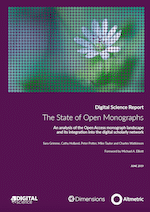
"Open access" was supposed to change scientific publishing. Critics worry that the model is being corrupted by big corporate publishing money anyway.
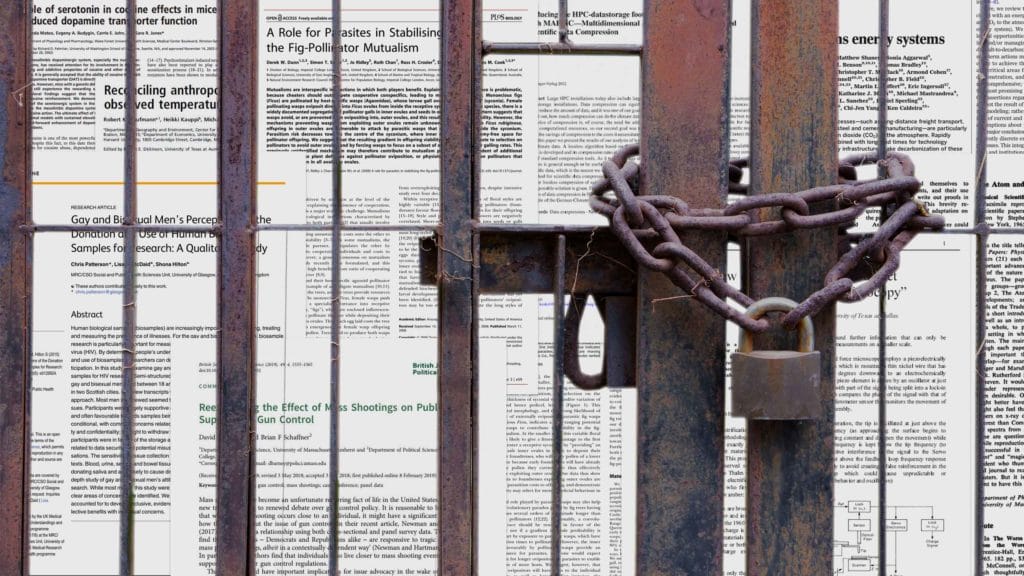
The Association of Research Libraries (ARL) joins global library associations in urging publishers to maximize access to digital content during the emergency conditions of the COVID-19 pandemic. This is an unprecedented time for the academic enterprise, and humanity will benefit from an unprecedented response by publishers in support of research and learning.
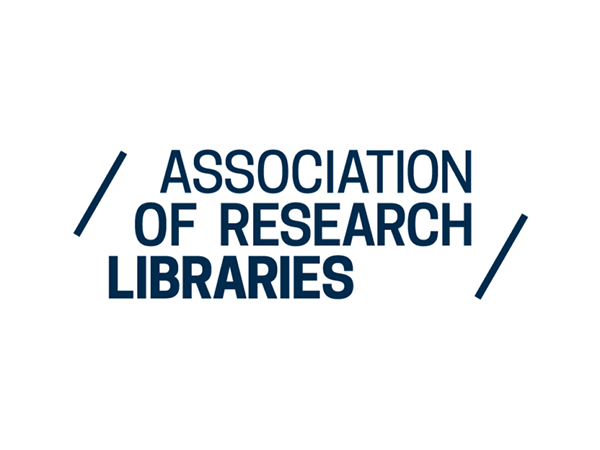
COAlition S publishes a call for an informed study containing an analysis and overview of collaborative non-commercial (aka “Diamond”) publishing journals and platforms. The study is financially supported by Science Europe. The objective is to identify ways to support publishing initiatives wishing to implement Diamond business models.
Changes in annual expenses and publishing volume at eLife show it is possible to run a selective journal with a mid-range publication fee.
In response to the Covid-19 pandemic, swissuniversities, the Swiss National Science Foundation and the Consortium of Swiss Academic Libraries appeal to all publishing houses to make their publications freely accessible.

The race to find a vaccine for COVID-19 exemplifies why rapid and unrestricted access to scientific research and educational materials is vital.

The online academic resource has long had ebooks and journals available without the need for a login.

Government science advisers in a dozen countries are asking scientific journals to make data on the disease more widely available.

But can they overcome free riders and concerns about higher prices?

What if libraries agreed to continue paying the subscription fees to journals that they were already subscribing to, only the journals flipped to open access?
The coronavirus (COVID-19) outbreak exposes an inconvenient truth about science: the current scholarly communication system does not serve the needs of science and society.

Die Arbeitsgruppe Open-Science-Strategie des Open Science Network Austria (OANA) hat Empfehlungen für eine nationale Open Science Strategie in Österreich erarbeitet und lädt ein, das Dokument bis zum 05.04.2020 online zu annotieren bzw. zu kommentieren.

We should be nurturing the kinds of publishing cultures we want to see: those that value the labour needed to care for publishing and that work in harmony with research communities rather than extract from them, argues Samuel Moore.

What happened instead of us sitting down and thinking how we could spend our money in the most technologically savvy way to the benefit of science, scholars and society. A generation later, roughly US$300 billion poorer and none the wiser, it seems.

New OA payment models are needed make open access implementation practical, journal editor says.
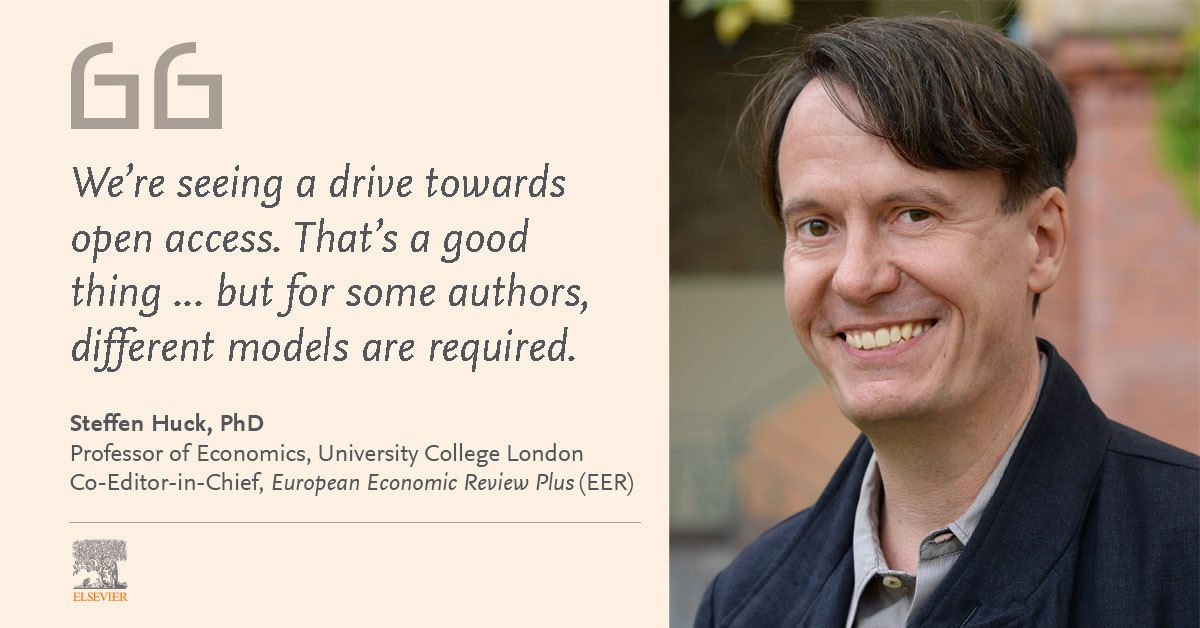
The coronavirus crisis shows how the free sharing of data is crucial in science.
Last year, everyone in U.S. academic publishing had strong opinions about a mythical beast that all had heard about but none had actually seen: a rumored Executive Order from the White House Office of Science and Technology that would mandate immediate public availability of research results by federally-funded authors.
For the first time in its 174-year history, the Smithonian Institution has launched a new open access platform high-resolution images from across its collections for patrons to peruse and download free of charge.
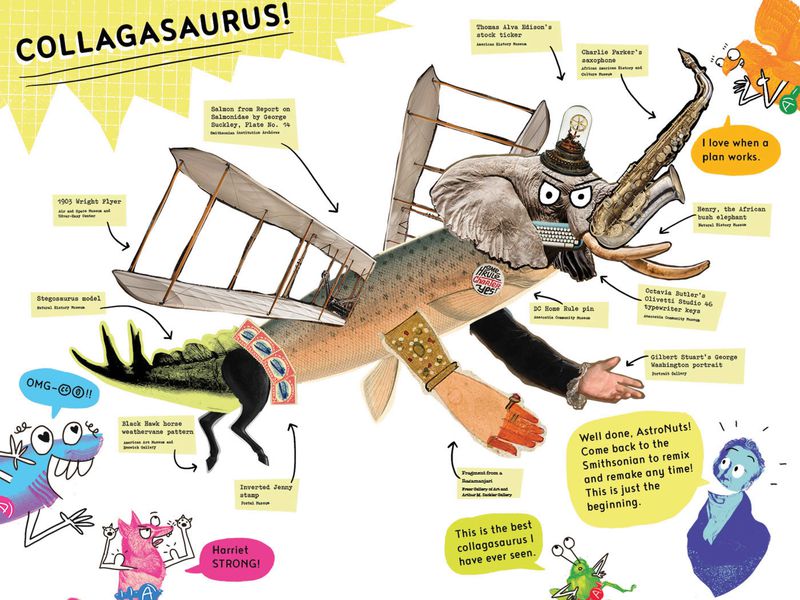
Some publishers feared order making federally funded studies free
